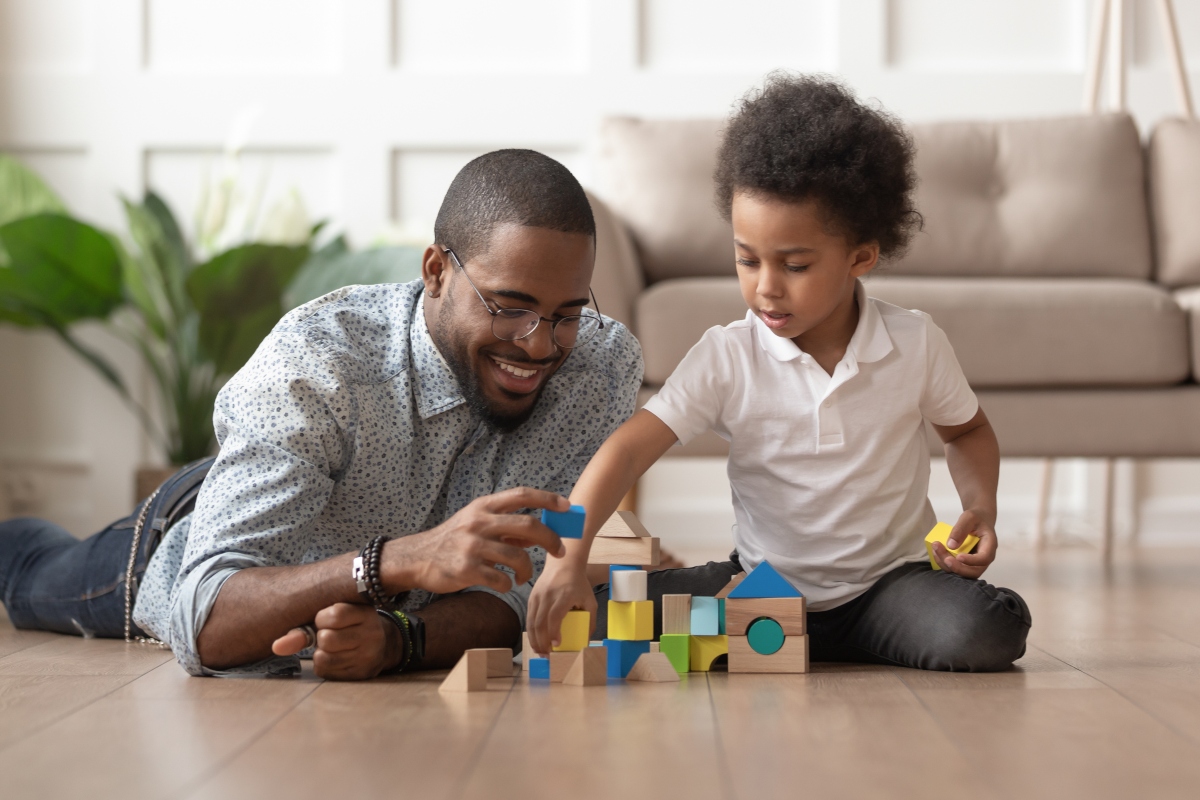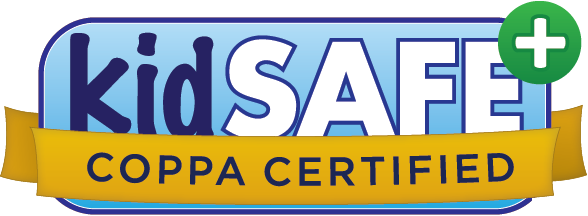May 28th is International Play Day!
Although it might seem trivial, playing isn’t all just fun and games. It is actually a very important characteristic of a child’s development. When tiny humans play, they gain social skills, problem solve, and explore their imagination and creativity.
Think back to one of your favorite memories from school. Was it memorizing vocabulary words or studying scientific facts? Probably not! Oftentimes, our best memories of learning involve engaging hands-on experiments, songs, and games.
At Lingokids, one of our main goals is to help kids in their journey of learning through play, or, as we like to call it, Playlearning™!
So, what does Playlearning™ actually mean?
Studies show that when children learn new concepts through play, the information can be more likely to “stick.” In addition, when kids experience learning as something that is joyful and engaging, they will develop positive attitudes towards their education.
Our Playlearning™ method encourages children to practice 21st-century skills through games, songs, and activities that are exciting and fun to play!
Still curious about how children learn through play? Keep on reading 👇
Ten Principles that Drive the Power of Playlearning™
1. Playlearning™ is what learning was meant to be
- There’s nothing that works better than learning through play. It’s proven that playing gives children the chance to think strategically, negotiate, adapt to new rules, develop essential skills, and foster imagination and creativity.
2. Tech is on our side
- According to a Lingokids survey, at least 60% of children use more technology now than they did before the pandemic.
- It’s important to use tech in a productive and intentional way. There are two types of screentime: passive/entertainment-based screentime and interactive/educational screentime. The use of technology can be really positive when utilized as a tool for learning as opposed to a passive distraction. Tech devices can be a great complement to traditional lessons and toys, as they offer a wide range of experiences such as songs, puzzles, and physical exercise.
- In addition, technology can provide creative and innovative experiences that are not accessible in the real world.
- The American Academy of Child & Adolescent Psychiatry guidelines suggest that children ages 2-5 should have limited screen time of 1 hour per weekday and 3 hours on weekend days. They also suggest avoiding screens as pacifiers, babysitters, or to stop tantrums.
3. 21st-century skills set your kids up for the future
- Tech tools that promote Playlearning™ stimulate the development of 21st-century skills, which are essential for professional environments.
- They include the 4Cs (Critical Thinking, Creativity, Collaboration, and Communication), among other abilities, like autonomy and global responsibility.
4. Personalization is key
- No child is the same, and that’s why Playlearning™ gives children the chance to learn at their own pace and customize their content according to their strengths, needs, skills, and interests. It’s the opposite of the “one size fits all” approach.
5. Proactive learning empowers children
- Playlearning™ enables children to be more autonomous and take on an active role in their educational experiences. When Playlearning™, kids became deeply engaged, often combining physical, mental, and verbal engagement. Learning through play drives intrinsic motivation.
- It’s also a creative and risk-free environment where kids can try new ideas in a proactive and spontaneous way.
6. We make Playlearning™ a safe space
- Almost 50% of parents recognize that they don’t have enough knowledge about security on the internet. It’s essential that kids always play in a safe environment.
- Apps that take into account data protection laws for minors and don’t feature ads are top priorities when looking for a safe online environment for children.
7. Follow your child’s progress
- The same way you follow your child’s advancement at school, it’s important that you do the same when they are Playlearning™. For example, you can set goals together and review their accomplishments.
- Apps like Lingokids allow you to keep track of what your child has learned and see if they have reached their weekly goal. You can also engage with other families in our Parents Community.
8. Playlearning™ isn’t just for kids; it’s for families
- Choosing fun, engaging activities and games to play with our little ones can make all the difference in taking full advantage of precious family time, and it’s key to helping build stronger relationships.
- This increases family communication and bonding, as well as earning your little one’s trust and confidence.
9. Playlearning™ is great both online and offline
- The word “play” takes on many forms. Your child can take the experiences from a learning app to a “real” scenario. An example of this is cooking, exploring new forms of art, negotiating with peers, applying concepts of quantity or movement in real life, and reasoning in a logical manner.
- These experiences support a child’s literacy and numeracy skills, in addition to their social and emotional learning.
10. The more Playlearning™ kids do, the better it gets
- Play and learning are not static concepts, and practice makes perfect! Children play to practice skills, try out possibilities, make hypotheses, and discover new challenges, which ultimately leads to deeper learning.
- It is important that Playlearning™ apps include open-ended play activities as standard learning games to develop a child’s curiosity, creativity, and learning through trial and error.
Want to discover more about Playlearning™?
Check out our YouTube Channels and download the Lingokids App! Let us know what you think by commenting below!






